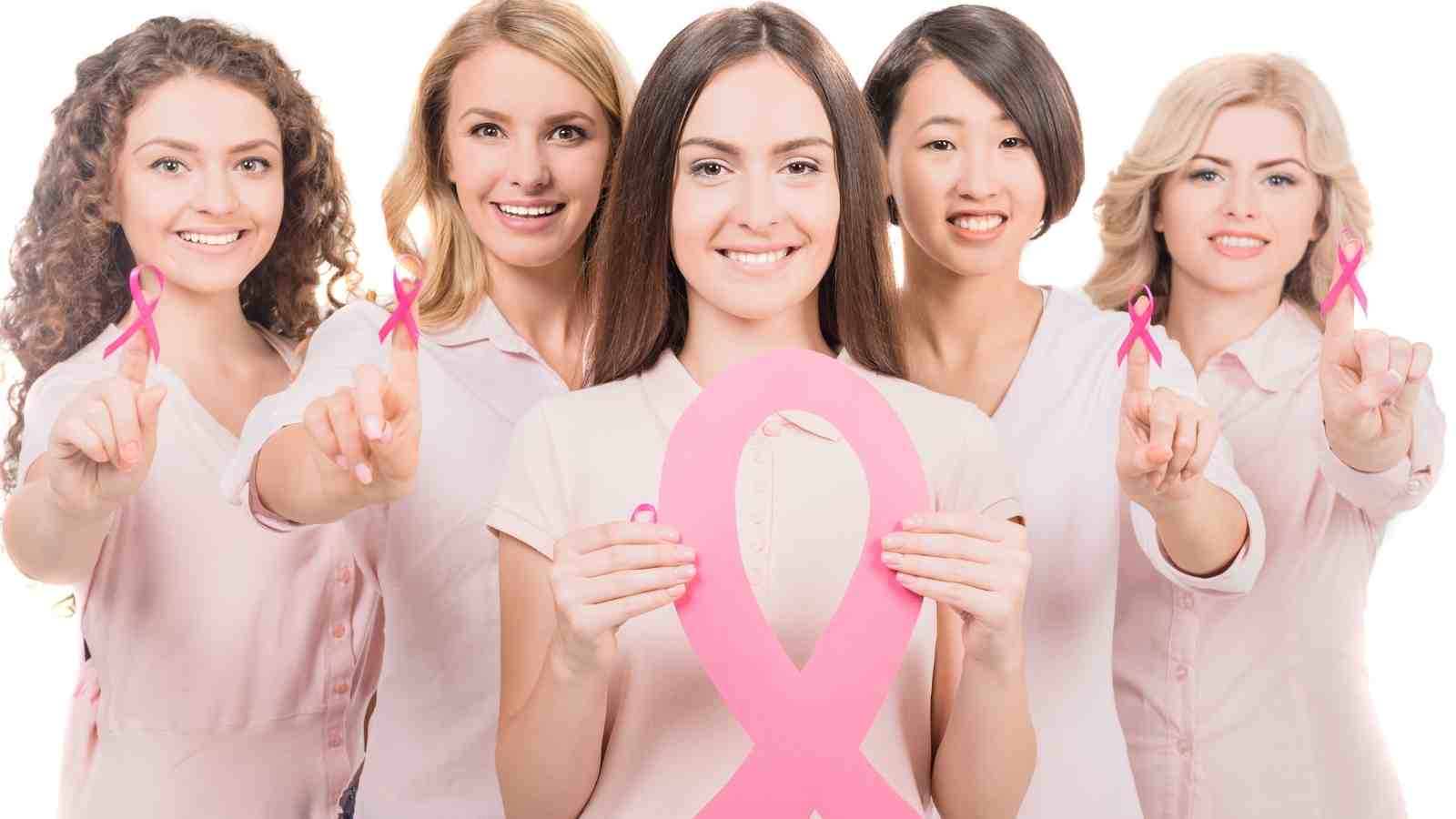CHALLENGES ARE WHAT MAKE LIFE INTERESTING AND OVERCOMING THEM IS WHAT MAKES LIFE MEANINGFUL.
Breast cancer is a type of cancer that starts in the breast when cells begin to grow out of control. It occurs almost entirely in women but it can affect men too. Breast cancer cells usually form a tumor that can often be seen on an X-ray or felt as a lump but not all breast lumps are cancer, most of them are benign. Non-cancerous breast tumors are abnormal growths but they do not spread outside of the breast. They are not life-threatening but some types of benign breast lumps can increase a woman’s risk of getting breast-cancer.
Types Of Breast Cancers
- DCIS, ductal carcinoma in situ
- Phyllodes tumors
- angiosarcoma
A biopsy is done in order to test the cancer cells for proteins called estrogen receptors, progesterone receptors, and HER2. It also helps in determining the grade and together with the specific proteins, the grade helps in deciding on the treatment options.
Signs And Symptoms
- new lump in the breast or underarm
- irritation on breast skin
- pain in the nipple area
- thickening or swelling of the part of the breast
- inflammation and flaky skin around the breast
- nipple discharge other than the breast milk, including blood
Breast cancer is sometimes found after the symptoms appear, but in many women, it is asymptomatic therefore, regular breast cancer screening is very important.
Causes Of Breast-Cancer
- being female
- increasing age
- personal history of breast cancer or other breast conditions
- exposure to radiations
- inherited genes that increase cancer risk
- obesity
- family history of breast cancer
Breast Cancer Prevention
Prevention starts with healthy habits. Understand what you can do to lower the risk of getting breast cancer:
- limit alcohol
- be physically active
- maintain a healthy weight
- limit postmenopausal hormone therapy
- quit smoking
- get regular health checkups
- be aware of any early signs and symptoms
Treatment
Surgery is usually the first type of treatment and the type of surgery depends on the type of breast cancer you have. Chemotherapy or radiotherapy is the second treatment that follows surgery but in some cases, it can also be hormone or targeted therapy.
Your doctor will discuss the most suitable treatment option with you depending on the type of breast cancer and other factors. Sometimes chemotherapy or hormone therapy can also be the first treatment.
Psychological Support
Many women with breast cancer will have to cope with the removal of part or all of a breast and that can be very upsetting and it can cause emotional and practical difficulties.
Talking about your feelings and hardship can always help and you can seek professional help from a counselor or a therapist.
It can also help to talk to someone who has been through the same.
Many breast cancer charities have helplines and online forums and you can also be connected to the women who have been under treatment for breast cancer.
Make sure to seek medical assistance if any symptoms or signs show up and having regular checkups is a must. Also, you should always know that breasts are not the only definition of womanhood, and losing one does not make you any less of a woman.






